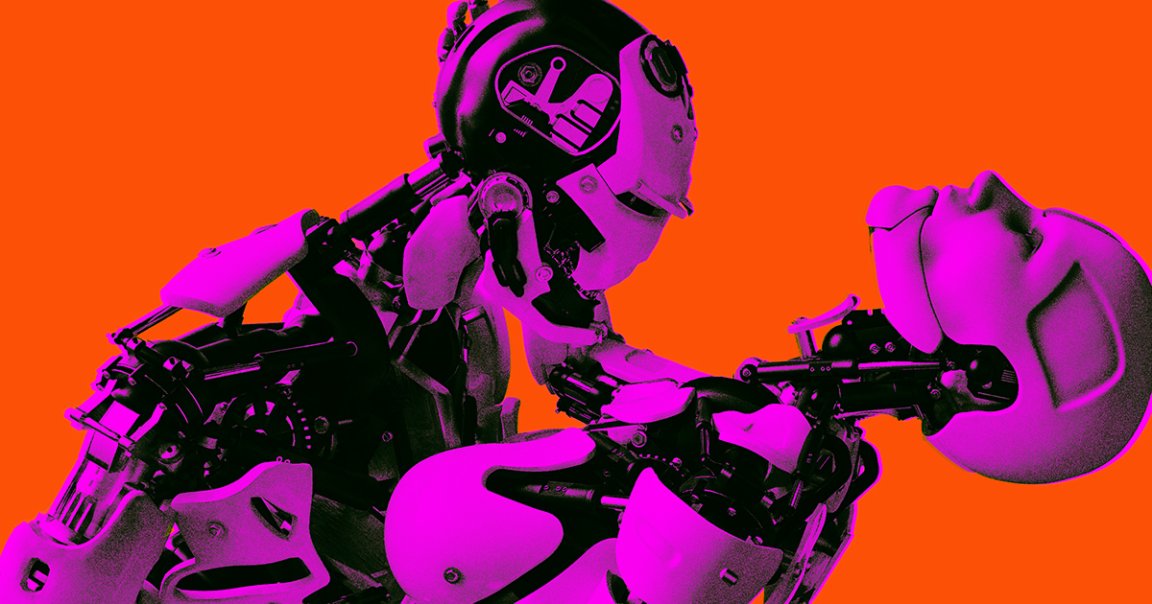
Despite ChatGPT’s well-documented issues, people are using it to advise them on relationship issues — and it’s going about as well as you’d expect.
In a new editorial, Vice advice columnist Sammi Caramela said she had been blissfully unaware of the ChatGPT-as-therapist trend until someone wrote into her work email about it earlier this year.
Back in February, an unnamed man told the writer that his girlfriend refused to stop using the chatbot for dating advice and would even bring up things it had told her in arguments. Though Caramela was so shocked that she “nearly choked” on her coffee, the advice-seeker wasn’t all that perturbed — and claimed that he found his girlfriend’s ChatGPT use fascinating.
“I was a bit floored by this confession. I had no idea people were actually turning to AI for advice, much less input on their relationships,” the columnist wrote in her more recent piece. “However, the more I explored the topic, the more I realized how common it was to seek help from AI — especially in an era where therapy is an expensive luxury.”
Intrigued, Caramela found a friend who used the OpenAI chatbot for similar purposes, running relationship issues by it as a “non-biased” sounding board. Eventually, that person realized that ChatGPT wasn’t unbiased at all, but rather “seemed to heavily validate her experience, perhaps dangerously so.”
Similar questions have been posed on the r/ChatGPT subreddit, and as Caramela explained, the consensus over there suggested not only that the chatbot is something of a “yes-man,” but also that its propensity to agree with users can be dangerous for people who have mental health issues.
“I often and openly write about my struggles with obsessive-compulsive disorder (OCD),” the writer divulged. “If I went to ChatGPT for dating advice and failed to mention how my OCD tends to attack my relationships, I might receive unhelpful, even harmful, input about my relationship.”
Digger deeper into the world of ChatGPT therapy, Caramela found multiple threads on OCD-related subreddits about the chatbot — and on the forum dedicated to ROCD, or relationship-focused OCD, someone even admitted that the chatbot told them to break up with their partner.
“Programs like ChatGPT only speed the OCD cycle up because you can ask question after question for hours trying to gain some sense of certainty,” another user responded in the r/ROCD thread. “There’s always another ‘what if’ question with OCD.”
Like so many poorly-trained human professionals, chatbots aren’t equipped to handle the nuance and sensitivity needed in any therapeutic context. Regardless of what OpenAI claims in its marketing, ChatGPT can’t be truly empathetic — and if your “therapist” will never be able to have a human-to-human connection, why would you want it to give you dating advice in the first place?
More on chatbot blues: Hanky Panky With Naughty AI Still Counts as Cheating, Therapist Says